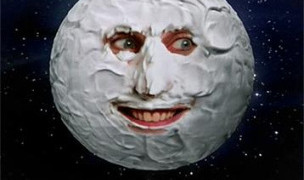 13 Terms
13 TermsHome > Industry/Domain > Chemistry > Physical organic chemistry
Physical organic chemistry
Physical organic chemistry is the study of the interrelationships between structure and reactivity in organic molecules. It a part of organic chemistry by using tools of physical chemistry such as chemical equilibrium, chemical kinetics, thermochemistry, and quantum chemistry.
Industry: Chemistry
Add a new termContributors in Physical organic chemistry
Physical organic chemistry
Energy of activation
Chemistry; Physical organic chemistry
E a (SI unit: kJ mol -1 ) An operationally defined quantity expressing the dependence of a rate constant on temperature according to E a = RT 2 (∂ ln k /∂T) p as derived from the "Arrhenius ...
Electrophilicity
Chemistry; Physical organic chemistry
(1) The property of being electrophilic (see electrophile). (2) The relative reactivity of an electrophilic reagent. (It is also sometimes referred to as "electrophilic power".) Qualitatively, the ...
Elimination
Chemistry; Physical organic chemistry
The reverse of an addition reaction or transformation. In an elimination two groups (called eliminands) are lost most often from two different centres (1/2/elimination or 1/3/elimination, etc.) with ...
Encounter complex
Chemistry; Physical organic chemistry
A complex of molecular entities produced at an encounter-controlled rate, and which occurs as an intermediate in a reaction mechanism. When the complex is formed from two molecular entities it is ...
Elementary reaction
Chemistry; Physical organic chemistry
A reaction for which no reaction intermediates have been detected or need to be postulated in order to describe the chemical reaction on a molecular scale. An elementary reaction is assumed to occur ...
Element effect
Chemistry; Physical organic chemistry
The ratio of the rate constants of two reactions that differ only in the identity of the element of the atom in the leaving group, e.g., k Br /k Cl . As for isotope effects, a ratio of unity is ...
Enantiomer
Chemistry; Physical organic chemistry
One of a pair of molecular entities which are mirror images of each other and non-superimposable.


